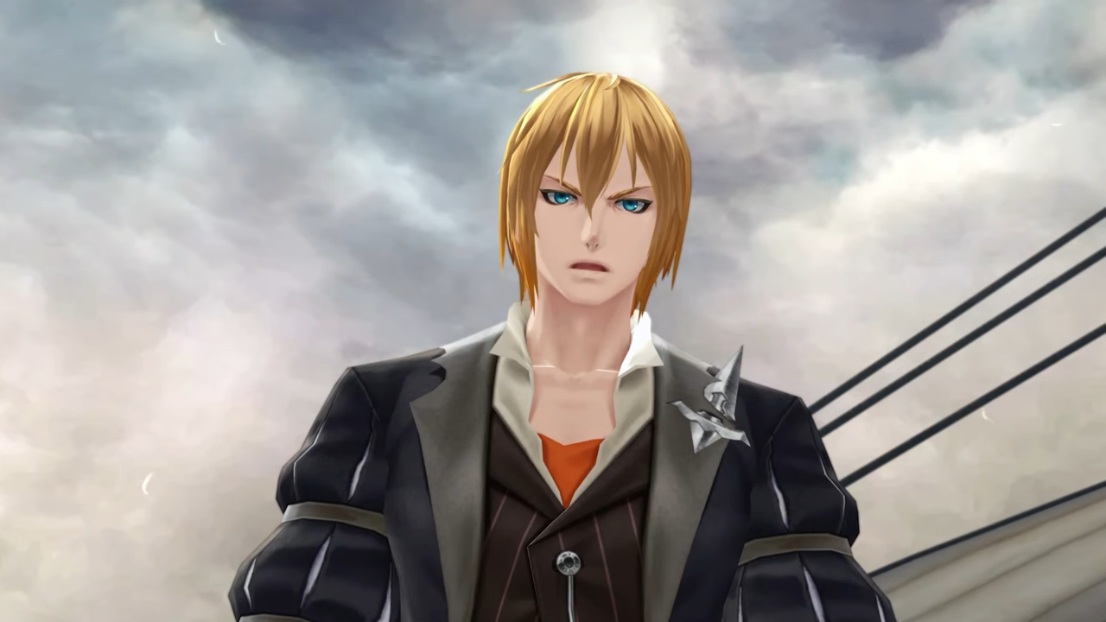French Game Developers Share Why Nintendo Wasn’t Part of Their Gaming Childhoods
In a recent exclusive interview with Japanese publication denfaminicogamer.jp, top executives from two of France’s most prominent game development studios—Sandfall Interactive and Lizardcube—shed light on a surprising commonality: neither spent their formative years playing on Nintendo hardware.
Instead, their early experiences were shaped by other consoles, reflecting the unique trajectory of Europe’s gaming landscape. Guillaume Broch, CEO and Creative Director at Sandfall Interactive—the studio currently developing the highly anticipated Clair Obscur: Expedition 33—spoke candidly about his childhood gaming background.
Growing up west of Paris, Broch recalled, “My journey as a gamer began at three years old when my father gave me a Sega Mega Drive.
Games like Altered Beast were my introduction to the medium.” He continued, reflecting on his teenage years filled with PlayStation classics: “From there, I moved on to Japanese RPGs such as Final Fantasy and the Atelier series, and action titles like Capcom’s Devil May Cry.
I did not have much opportunity to play Nintendo consoles or games.” Ben Fiquet, CEO and Art Director at Lizardcube—well known for the successful Shinobi reboot, as well as acclaimed releases Wonder Boy: The Dragon's Trap and Streets of Rage 4—expressed an almost identical story.
Raised in rural France, Fiquet remarked, “Like Guillaume, I never had the chance to play on Nintendo consoles growing up.
My first system was a Sega Master System, thanks to a friend.
At the time, I wasn’t even aware of other options.” Fiquet further noted that while Nintendo may have had a large global presence, he was never sure about its popularity in France as a child. Social media users across North America have expressed surprise at these admissions, given Nintendo’s immense brand recognition stateside.
However, this phenomenon is rooted in the history of the European games market. Unlike North America, Europe’s path diverged sharply in the 1980s and 1990s.
During the US video game crash of 1983, most of Europe continued to embrace home computers such as the ZX Spectrum and Commodore 64.
The rise of the Atari ST and Amiga soon followed, giving European players a different foundation than their American and Japanese peers.
Nintendo did not prioritize the European market until the 16-bit Super Nintendo era, leaving distribution largely to companies like Bandai for much of the 1980s.
This allowed Sega to gain a significant lead; the Sega Master System and Mega Drive (known as Genesis elsewhere) became the entry points for consoles in many European homes.
By the time Nintendo increased its focus on Europe, Sony’s PlayStation had already begun to capture market share, with many European gamers and developers bypassing Nintendo platforms altogether. Today, developers like Broch and Fiquet are shaping new games for global audiences on platforms such as Nintendo Switch, yet their creative DNA is distinctly European—shaped by Sega, Sony, and the unique circumstances of their region.
With titles like Clair Obscur: Expedition 33 and the Shinobi reboot making waves, these studios exemplify how diverse backgrounds and influences continue to drive innovation within the gaming industry. As Nintendo maintains its commanding presence through the Switch, eShop, and Nintendo Direct showcases, the evolving European perspective remains an important thread in the broader fabric of video game history and development.
Instead, their early experiences were shaped by other consoles, reflecting the unique trajectory of Europe’s gaming landscape. Guillaume Broch, CEO and Creative Director at Sandfall Interactive—the studio currently developing the highly anticipated Clair Obscur: Expedition 33—spoke candidly about his childhood gaming background.
Growing up west of Paris, Broch recalled, “My journey as a gamer began at three years old when my father gave me a Sega Mega Drive.
Games like Altered Beast were my introduction to the medium.” He continued, reflecting on his teenage years filled with PlayStation classics: “From there, I moved on to Japanese RPGs such as Final Fantasy and the Atelier series, and action titles like Capcom’s Devil May Cry.
I did not have much opportunity to play Nintendo consoles or games.” Ben Fiquet, CEO and Art Director at Lizardcube—well known for the successful Shinobi reboot, as well as acclaimed releases Wonder Boy: The Dragon's Trap and Streets of Rage 4—expressed an almost identical story.
Raised in rural France, Fiquet remarked, “Like Guillaume, I never had the chance to play on Nintendo consoles growing up.
My first system was a Sega Master System, thanks to a friend.
At the time, I wasn’t even aware of other options.” Fiquet further noted that while Nintendo may have had a large global presence, he was never sure about its popularity in France as a child. Social media users across North America have expressed surprise at these admissions, given Nintendo’s immense brand recognition stateside.
However, this phenomenon is rooted in the history of the European games market. Unlike North America, Europe’s path diverged sharply in the 1980s and 1990s.
During the US video game crash of 1983, most of Europe continued to embrace home computers such as the ZX Spectrum and Commodore 64.
The rise of the Atari ST and Amiga soon followed, giving European players a different foundation than their American and Japanese peers.
Nintendo did not prioritize the European market until the 16-bit Super Nintendo era, leaving distribution largely to companies like Bandai for much of the 1980s.
This allowed Sega to gain a significant lead; the Sega Master System and Mega Drive (known as Genesis elsewhere) became the entry points for consoles in many European homes.
By the time Nintendo increased its focus on Europe, Sony’s PlayStation had already begun to capture market share, with many European gamers and developers bypassing Nintendo platforms altogether. Today, developers like Broch and Fiquet are shaping new games for global audiences on platforms such as Nintendo Switch, yet their creative DNA is distinctly European—shaped by Sega, Sony, and the unique circumstances of their region.
With titles like Clair Obscur: Expedition 33 and the Shinobi reboot making waves, these studios exemplify how diverse backgrounds and influences continue to drive innovation within the gaming industry. As Nintendo maintains its commanding presence through the Switch, eShop, and Nintendo Direct showcases, the evolving European perspective remains an important thread in the broader fabric of video game history and development.






